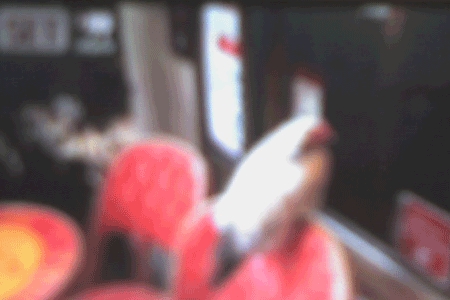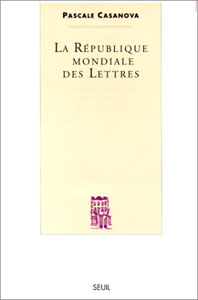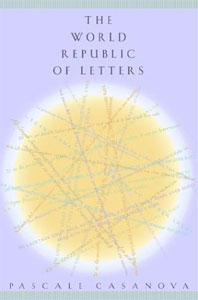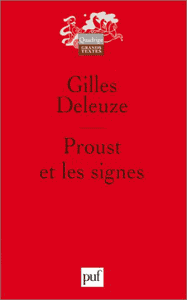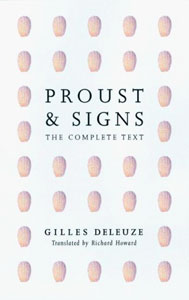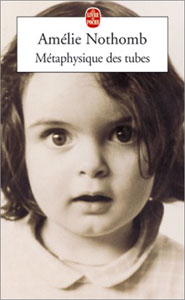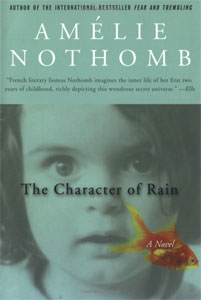“Vocation: that is no trade-school word for him. What is your name? Where are you from? What do you do? Among those who survey the habits of Americans, there are many who find these questions, which are likely to be among the first beckoning blanks we fill in on forms, and the first we put to strangers, indicative of our indifference to the essential self. Should men and women, after all, be defined in any important way by their work? The answer is, of course, yes; otherwise, the activities that largely support our lives and consume our time would be unfriendly, foreign, and irrelevant to us. Our occupation should not be something we visit like the seashore in summer or a prisoner in prison, despite the fact that the work may be unpleasant and dangerous and hard, like that in a mill or a foundry or a mine. Even if it is like speaking a foreign language we haven’t mastered, that incapacity itself is totally defining.”
(William Gass, “Open on the Sabbath”, in A Temple of Texts: essays, pp. 246–247)
